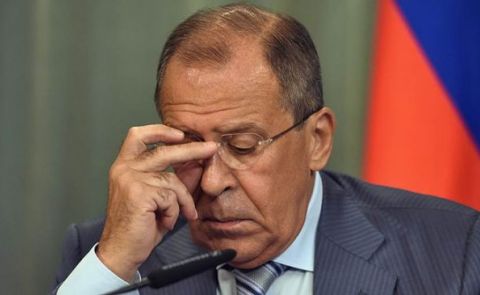
Armenian PM announces resignation to trigger snap parliamentary elections
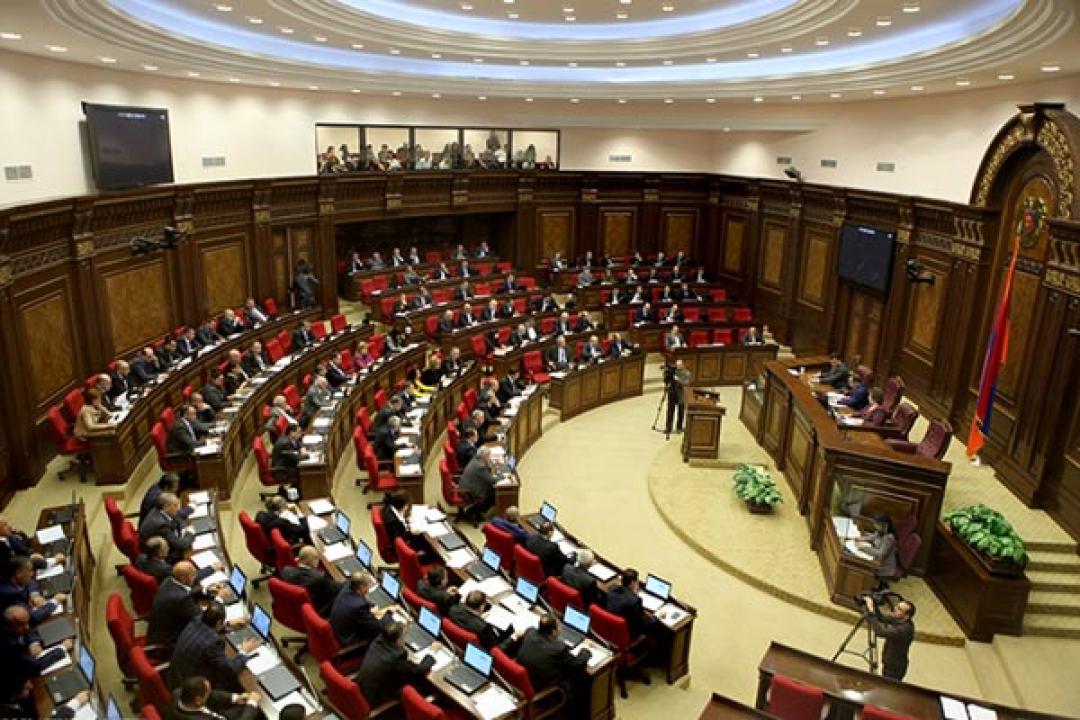
(By Anna Vardanyan for Caucasus Watch, 16 October, 2018)
On October 16, Armenian Prime Minister Nikol Pashinyan officially resigned. This was announced by the Prime Minister himself on public television.
In his address he noted: “During the entire period of time Cabinet members will continue carrying out their duties, I will continue fulfilling the Constitutional powers of Prime Minister of the Republic of Armenia, that is to say I will continue being the guarantor of the people’s victory and if you give a vote of confidence to our political force in the upcoming elections in December, I will be re-elected as Prime Minister. Although this resignation is formal in nature, the moment is actually emotional, because with this we recap yet another phase of our revolution and we enter an entirely new period. And I would like to wish good luck to all political forces in the early elections of parliament and to affirm that our government will guarantee the free expression of the people’s will in the elections”.
Pashinyan made a final decision on his resignation after parliamentary forces - the Republican Party of Armenia (RPA), the ARF Dashnaktsutyun assured him of their intention not to nominate a candidate for the seat of PM, and a relevant memorandum was signed with Prosperous Armenia (PAP).
According to Article 149 of the Constitution, the factions of the National Assembly have the right to nominate candidates for the Prime Minister within a seven days period after the Prime Minister’s and Government’s resignation. The National Assembly elects the Prime Minister with a majority vote of the total number of Deputies. If the Prime Minister is not elected, seven days after the vote, a new election of Prime Minister will be held, in which PM candidates, who were nominated by at least one third of the total number of deputies, have the right to participate. Nikol Pashinyan also did not rule out that he will be nominated as a candidate for prime minister within those 14 days, at least in the first round, so that the process fully corresponds to the letter and spirit of the law, of course, with the presumption of not being elected. If within those 14 days the Prime Minister is not elected by a majority vote of the deputies, the National Assembly will be dissolved by the virtue of the law.
Nikol Pashinyan has already announced in an interview with the TV channel France 24 that snap elections will take place on December 9-10.
Meanwhile, on the October 16 special session, the Government approved the long-debated amendments to the Electoral Code and sent it to the Parliament. Before reaching a plenary session, the government will conduct preliminary discussions with four parliamentary forces. The draft has also been sent to the Venice Commission and the Commission is expected to respond to the key question of what position the institution would refer to in the Electoral Code two months before the elections that are scheduled for December. Usually, the commission is guided by the principle that after the adoption of the Electoral Code, political forces should have enough time to prepare for elections. We would also like to note, that the amendments to the Electoral Code are proposed to abandon the rating or territorial lists and would constitute a shift to a simple proportional electoral system. The minimum thresholds for the elections are reduced to 4% for political parties instead of the previous 5%, and 6% for alliances, instead of the previous 7%. The amount of the election deposit is set at 7.5 million drams. It is also expected that at least four political forces will be represented in the Parliament, today that number is three. Provisions of 30% representation of the parliamentary majority and the opposition are maintained.
International experts believe that a temporary parliament will be formed as a result of the December elections in Armenia.
"In the upcoming elections, the ruling party will naturally have leading the positions. This could be an absolute leadership position, how it was shown by the municipal elections, although the opposition did not participate in these. In my opinion, the picture will not be the same as it was in the Yerevan Council elections, since no force can win 81% of the votes at the parliamentary elections. In other words, the picture would be significantly different, but the leadership of the ruling party would still be institutionalized. At the same time, I do not think that the opposition will get serious votes after the May events. Yet, I believe, more diverse forces will take part in the upcoming elections than it was the case in the Yerevan Council elections. In my opinion, three parties will appear in the parliament”,- Russian political analyst Alexander Skakov said during an interview with "168 Hours" Armenian daily, referring to the internal political developments in Armenia.
For his part, German political scientist Uwe Halbach said, that the parliament formed as a result of the upcoming elections will act temporarily, until the country overcomes the aftermath stage of the current developments by surmounting the transitional phase. This will restore the viability of the political sphere, the economic situation and the investment climate, since unstable political developments are not a good basis for investments.
"In case of the Transitional Parliament, the majority of the votes cast by the authorities and the evidence of an undesirable image obtained by the elections, will be natural, as it should be a temporary parliament ", he said
See Also

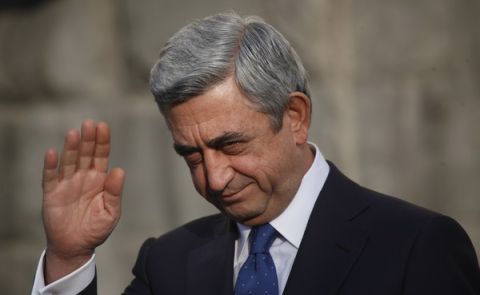
Serzh Sargsyan Rejects Charges, Backs Impeachment, and Warns of Secret Deals
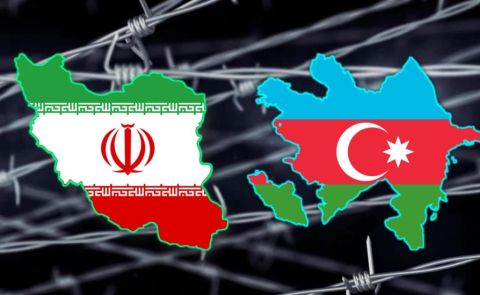
Azerbaijan Confirms Execution of Terrorist Behind Embassy Attack in Iran
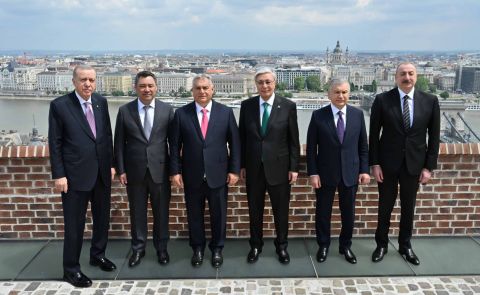
Turkic Leaders Adopt Budapest Declaration, Emphasizing Peace, Trade, and Digital Connectivity

International Officials Criticize Georgian Dream Amid Democratic Concerns

